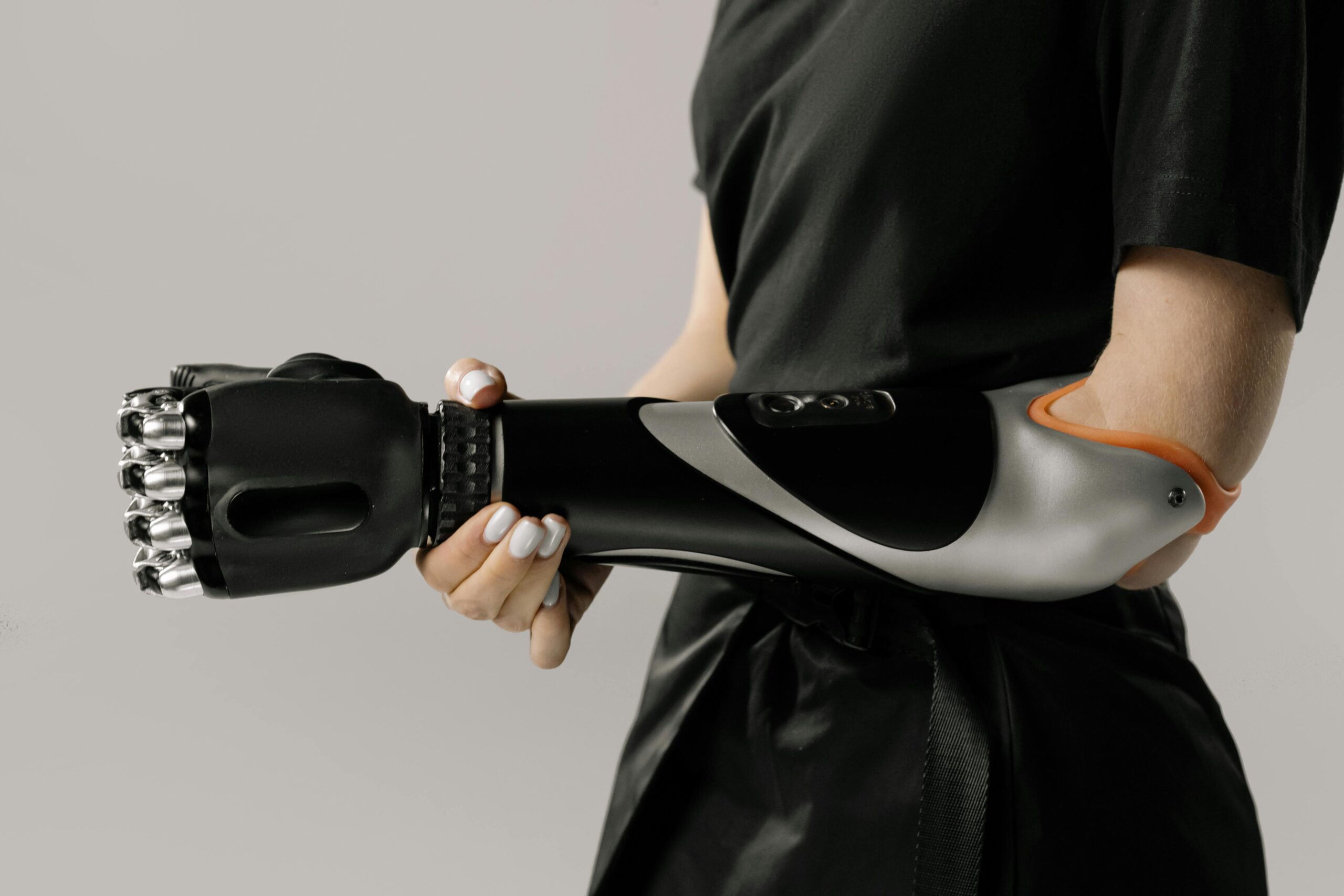Living with a Finger Amputation
- Home
- Living with a Finger Amputation
Learn what to expect when visiting the Asya Med Prosthesis and Orthosis Center. Learn More


Experiencing a finger amputation can be a life-changing event, affecting both physical function and emotional well-being. Adapting to life with a missing finger involves practical adjustments, psychological support, and a focus on regaining functionality. Here’s what you need to know about living with a finger amputation and how to navigate the changes effectively:
A finger amputation affects your hand’s overall function and dexterity. Depending on which finger is lost and the level of the amputation, you may experience challenges with grip strength, precision tasks, and hand coordination. Recognizing how the amputation impacts your daily activities is the first step in making necessary adjustments.
For some, a prosthetic finger or adaptive devices can provide significant benefits. Prosthetic fingers can improve grip and hand function, although they may not fully replicate the natural movement of a real finger. Adaptive tools and modifications, such as ergonomic grips or specialized utensils, can also help you perform daily tasks more easily. Consult with a prosthetist to explore options that best fit your needs and lifestyle.
Rehabilitation is crucial for adapting to life after a finger amputation. Physical therapy can help you regain strength, improve hand function, and adapt to changes in your hand’s mechanics. Therapy often focuses on exercises to enhance dexterity, improve grip strength, and teach new techniques for daily activities. A physical therapist can also help you develop strategies to use your remaining fingers more effectively.
Adjusting to the loss of a finger can be emotionally challenging. Feelings of grief, frustration, or self-consciousness are common. It’s important to acknowledge these feelings and seek support if needed. Speaking with a mental health professional or joining support groups can provide emotional support and help you cope with the psychological impact of amputation. Finding ways to adapt and accepting the changes in your body can improve your overall well-being.
You may need to make modifications to your daily routine and environment to accommodate your new hand function. Simple tasks, such as typing, cooking, or handling small objects, may require adjustments. Ergonomic tools, handrails, or assistive devices can make these tasks easier. Organizing your environment to suit your needs can help you maintain independence and reduce frustration.
Proper care of your remaining fingers and hand is essential to avoid complications and maintain overall hand health. Regularly check for any signs of discomfort or changes in the skin around the amputation site. Following your doctor’s advice on wound care and hygiene will help prevent infection and other issues. Keeping your hand strong and flexible through exercises will also contribute to better functionality.
Relearning skills and adapting to new ways of doing things can be a significant part of the adjustment process. This might include developing new hand movements or finding alternative methods to complete tasks you previously did with two hands. Patience and practice are key. Many people find that with time and perseverance, they can adapt effectively and continue to lead a fulfilling life.
Connecting with others who have experienced similar challenges can provide valuable support and insights. Look for support groups or online communities where you can share experiences, seek advice, and find encouragement. Being part of a community can help you feel less isolated and offer practical tips for managing life after amputation.
Living with a finger amputation involves navigating both physical and emotional adjustments. By seeking appropriate prosthetics, engaging in rehabilitation, making necessary daily adjustments, and finding psychological support, you can effectively adapt to your new circumstances. While the journey may come with challenges, with the right resources and support, you can continue to lead a fulfilling and independent life.